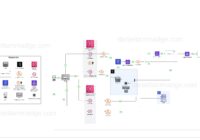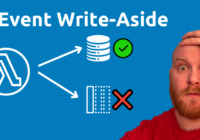Why R&D Architect Roles Are Essential and Deserve Clear Titles
The Critical Role of Enterprise and Solution Architects in R&D In the dynamic world of technology, having clear, defined roles within your organisation is crucial for success. For CTOs, heads of development, and leaders of technical organisations, understanding the necessity of enterprise architects and solution architects at the R&D level is imperative. These roles are not mere accolades… Read More »



